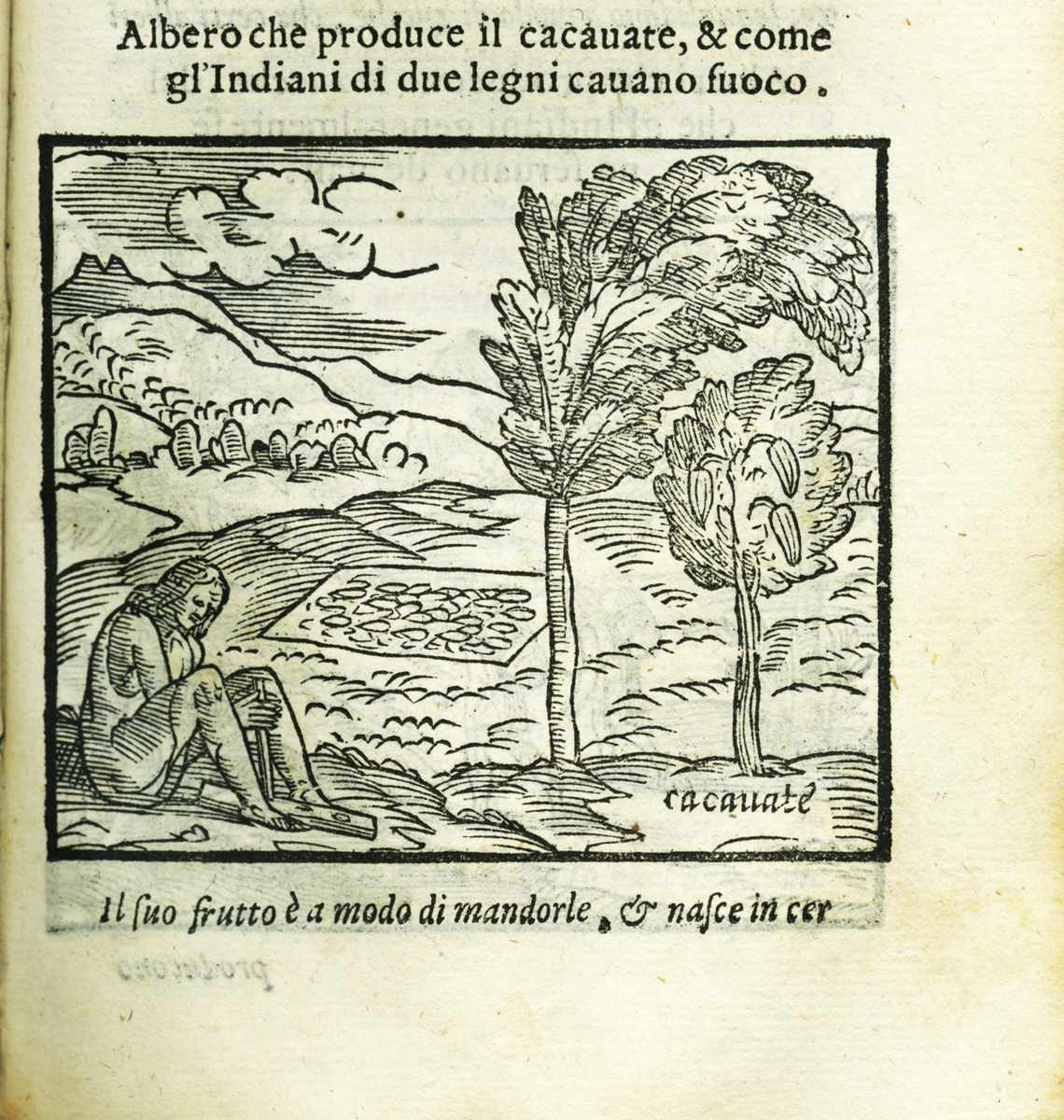T.S. Eliot's 'The Waste Land' and Existentialism: Exploring the Poem's Philosophical Depth
T.S. Eliot's epic poem 'The Waste Land', published in 1922, is widely regarded as a groundbreaking work in 20th-century Western poetry. Existentialism, a philosophical movement that dominated the 20th century, significantly influenced literature. 'The Waste Land' and existentialism emerged concurrently, and Eliot, in his poem, explores the spiritual emptiness that arose after the decline of traditional beliefs in modern society. Through his examination of philosophical concepts like death, time, and absurdity, Eliot seeks to reconstruct the spiritual world, echoing the core tenets of existentialism. Therefore, 'The Waste Land' can be viewed as Eliot's profound exploration of existentialist ideas.
This paper aims to analyze 'The Waste Land' through the lens of existentialism's core philosophical principles, such as 'being-towards-death,' temporality, and absurdity. It delves into the poem's philosophical value and its profound implications, revealing its influence on subsequent philosophical discourse and its ability to inspire deep contemplation in readers.

原文地址: https://www.cveoy.top/t/topic/ofpc 著作权归作者所有。请勿转载和采集!